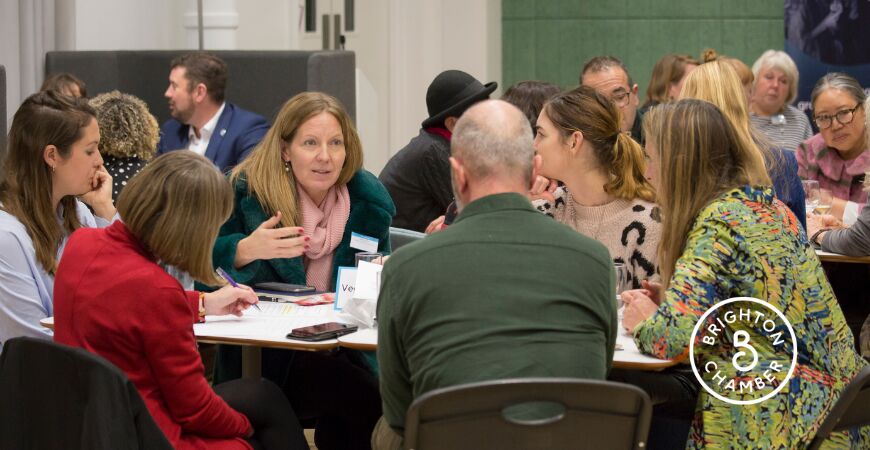

Wed 07 / 12 / 22
Getting by with essential services
Martin Williams of Mayo Wynne Baxter, our December Chamber Breakfast sponsor, writes about the impact of strikes in essential services.
By Martin Williams of Mayo Wynne Baxter LLP
The impact of the increasing wave of strikes is, inevitably, growing. The disruption and delay is most certainly annoying to those who are caught up in them.
This frustration on the part of service users is totally understandable. In most cases the strikes are taking place in areas where the employer has a near monopoly on the provision (trains) or an immediate switch to someone else is not immediately possible (Royal Mail).
How is it, the argument goes, that people can be held to ransom in such a way? This is especially the case with public transport strikes, where “good working people” are merely trying to get to work. The implication being that those who are striking are not good because they are not working.
And this month, during the season of good will, we face the prospect of nurses going on strike. The clamour about how this puts lives in danger is automatic, even though certain services continue.
All of this illustrates a very fractured society. Such divisions are the consequence of a decline in living standards and, more recently, a rise in fuel costs. This is not something new, even if the latest economic shock arises from the war in Ukraine and Covid-19 pandemic. (And, whisper it quietly, there is the added ingredient, in the UK, of Brexit.)
It is the pandemic, in particular, that highlighted the need for essential services, not least the NHS. This service was stretched to breaking point over the past few years. Nevertheless, the dedication shown by healthcare workers was incredible and, unfortunately, many of them lost their lives because of what that were exposed to. We have come to expect sterling service from those in the healthcare sector but the prospect of death, as a result of performing their role, was not something that had been factored into the equation when signing up. And still, they continued to present themselves for work so others could receive the care they should expect in a rich country such as ours.
Routine, but important, care work was impacted and now we face a daunting backlog a cases. Once again, we will rely on nursing staff to apply themselves diligently to turning things around. The general level of expectation is that this is what “the angels” will do. However, they are humans and not angels. There is only so much they can take.
Some may say that pay does not solve the problem, because the work is always going to be stressful and difficult. However, pay is an issue, because if it can lead to staff leaving the nursing profession it will also put people off considering it as a career. Staff shortages are inevitable.
If something is essential, we cannot cut corners in its provision. In the private sector, salary demands can be made by the highly skilled that will get answered by employers, for fear of flight. Such salary inflation has been prevalent in part of the legal sector for some time now.
The problem is that our essential services are, generally, monopolies, even where they are not provided directly by government. To jump ship an employee must change career. It happens but is not a choice that everyone can exercise.
Where the government sets the market rate and conditions, they can always make pleas about delivering value for money for the taxpayer. This is a poor argument that counterproductive. Taxpayers, if that is a phrase to be used, are also recipients of essential services. No one person is an island.
If we value our essential services we should accept that they come at a cost. If they are so essential that government is thinking of imposing regulations that would, in effect, rule out the option to strike, we have to think where that will get us.
Does it mean that certain occupations are be revered but not remunerated? Are civilians to be treated like the military and obey any orders given, regardless of the conditions they work under, with the only alternative being to resign. And, at the same time, knowing, in the case of train operators, that a profit will be made by the owners, regardless of the service offered.
We need to attract and retain staff in our essential services. The variety of services is huge so there is not a one-size-fits-all solution. However, the starting point is the same – what do we value and do we demonstrate that we so value it?
The private sector is the wealth generator but it is better able to perform that role because of the infrastructure of essential services. It is a symbiotic relationship. If the balance is lost we all lose.
If you want to contribute to the Chamber blog, contact us on hannah@brightonchamber.co.uk



